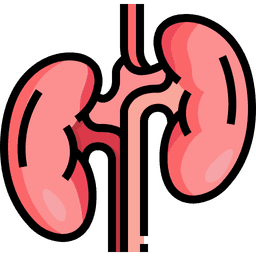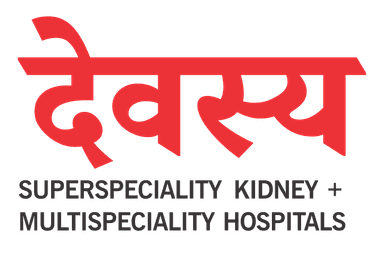Diabetic Nephropathy Treatments & Surgery
How Devasya Hospital Helps to Cure Diabetic nephropathy?
Devasya is the best hospital for diabetic nephropathy in Ahmedabad and it is backed up with a team of multidisciplinary teams comprising nephrologists, endocrinologists, dietitians, and other specialists who work together to provide comprehensive care for patients with diabetic nephropathy. They have the necessary facilities and equipment for accurate diagnosis, including blood and urine tests, imaging studies, and kidney biopsies when required. They guide the patients for dialysis or kidney transplantation.
They offer education and support services to help patients and their families better understand diabetic nephropathy and its management. This includes lifestyle guidance and information on self-care. Devasya Hospital has a strong reputation in nephrology and diabetes care. For individuals with end-stage kidney disease due to diabetic nephropathy, Devasya can provide hemodialysis or peritoneal dialysis as a life-sustaining treatment. They have the necessary infrastructure, trained staff, and equipment to perform dialysis procedures.
FAQs
Nephropathy is a general term for kidney disease or damage. It can be caused by various factors, including diabetes (diabetic nephropathy), high blood pressure, autoimmune diseases, infections, and other underlying medical conditions. The term "nephropathy" is often used to describe kidney damage or dysfunction.
Diabetic nephropathy, also known as diabetic kidney disease, is a complication of diabetes that affects the kidneys. It is characterized by damage to the small blood vessels in the kidneys due to prolonged high blood sugar levels. This condition can lead to reduced kidney function and, if left untreated, may progress to kidney failure.
Diabetic nephropathy is primarily caused by prolonged high blood sugar levels resulting from poorly managed diabetes, which damages the small blood vessels in the kidneys, leading to kidney complications.
Symptoms of diabetic nephropathy may include swelling in the legs, ankles, feet, fatigue, weakness, nausea, vomiting, difficulty concentrating, and overall decline in kidney function often detected through tests measuring urine protein levels and kidney function.
Managing nephropathy involves controlling blood sugar and blood pressure levels through medication, lifestyle changes, and dietary adjustments. It's essential to work closely with healthcare professionals to slow its progression and prevent further kidney damage.



